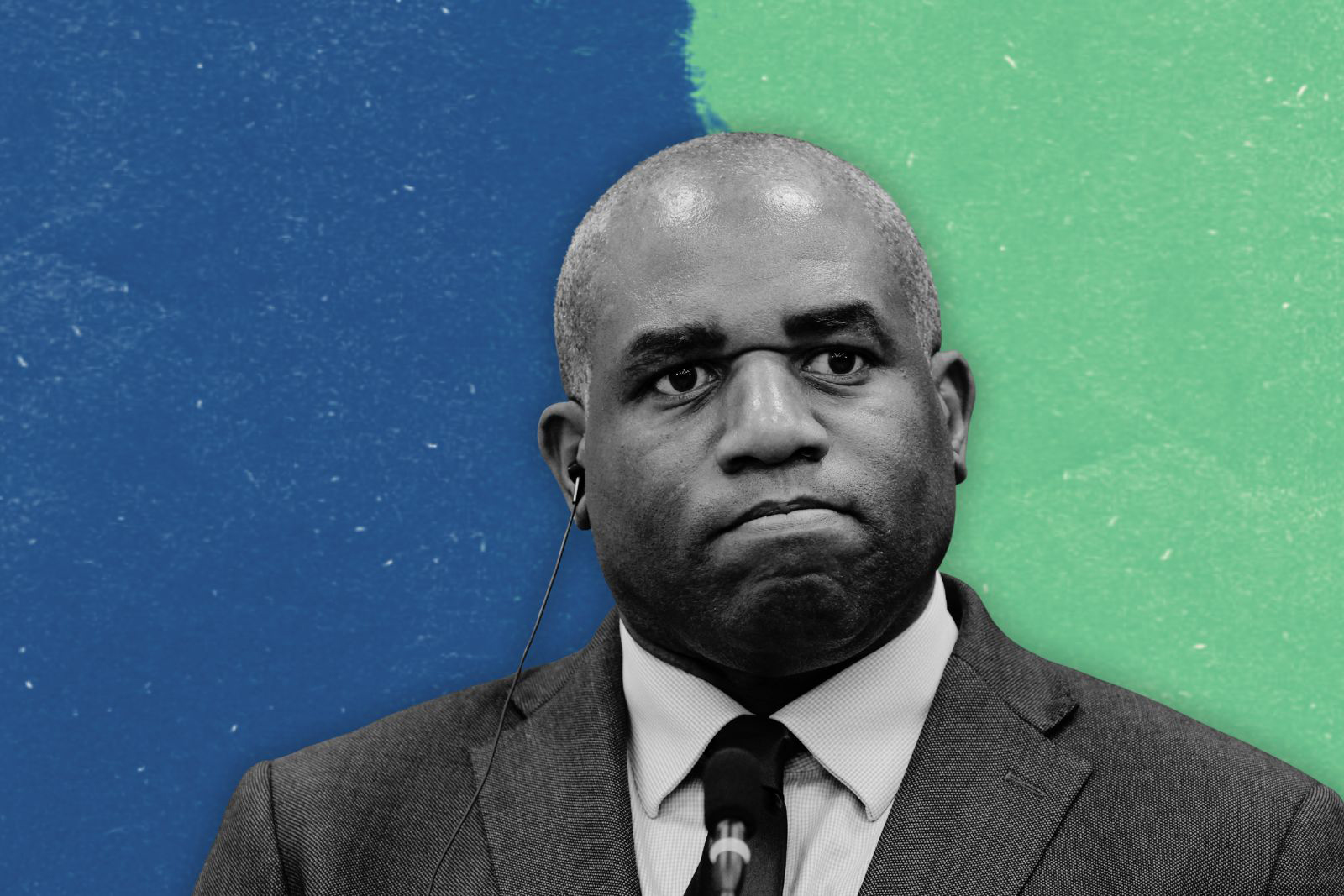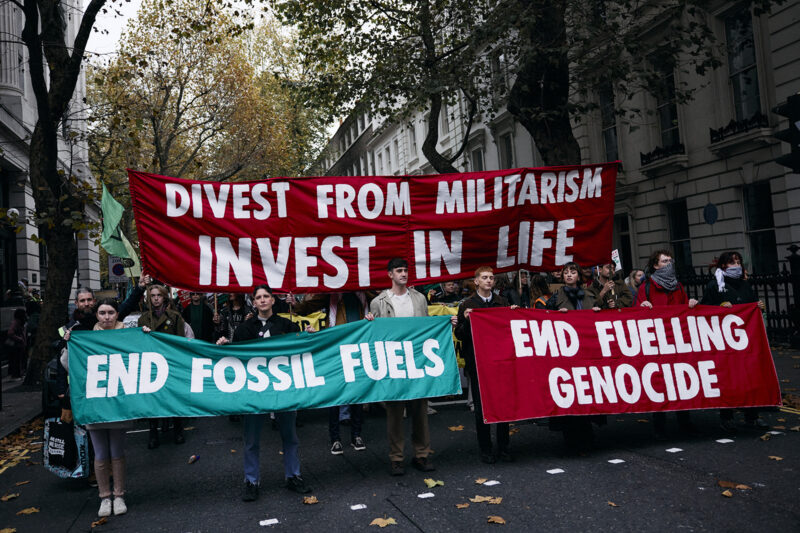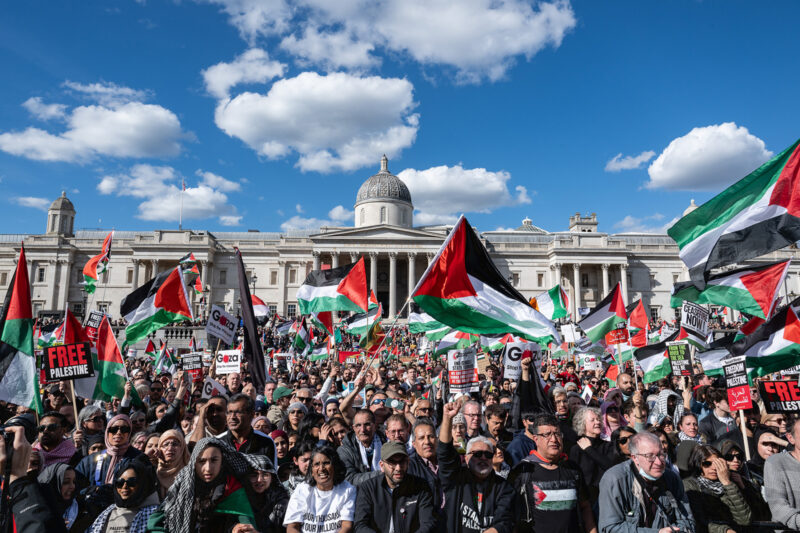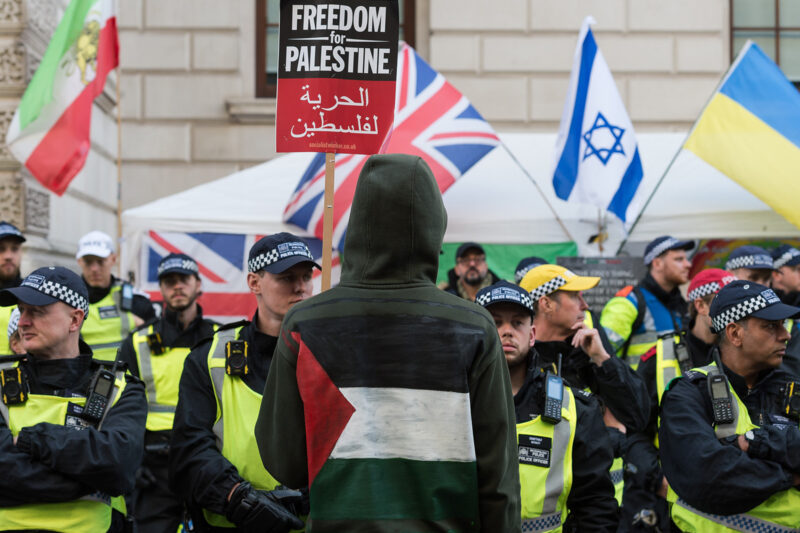What Labour MPs are saying about Starmer’s pledge to recognise Palestine
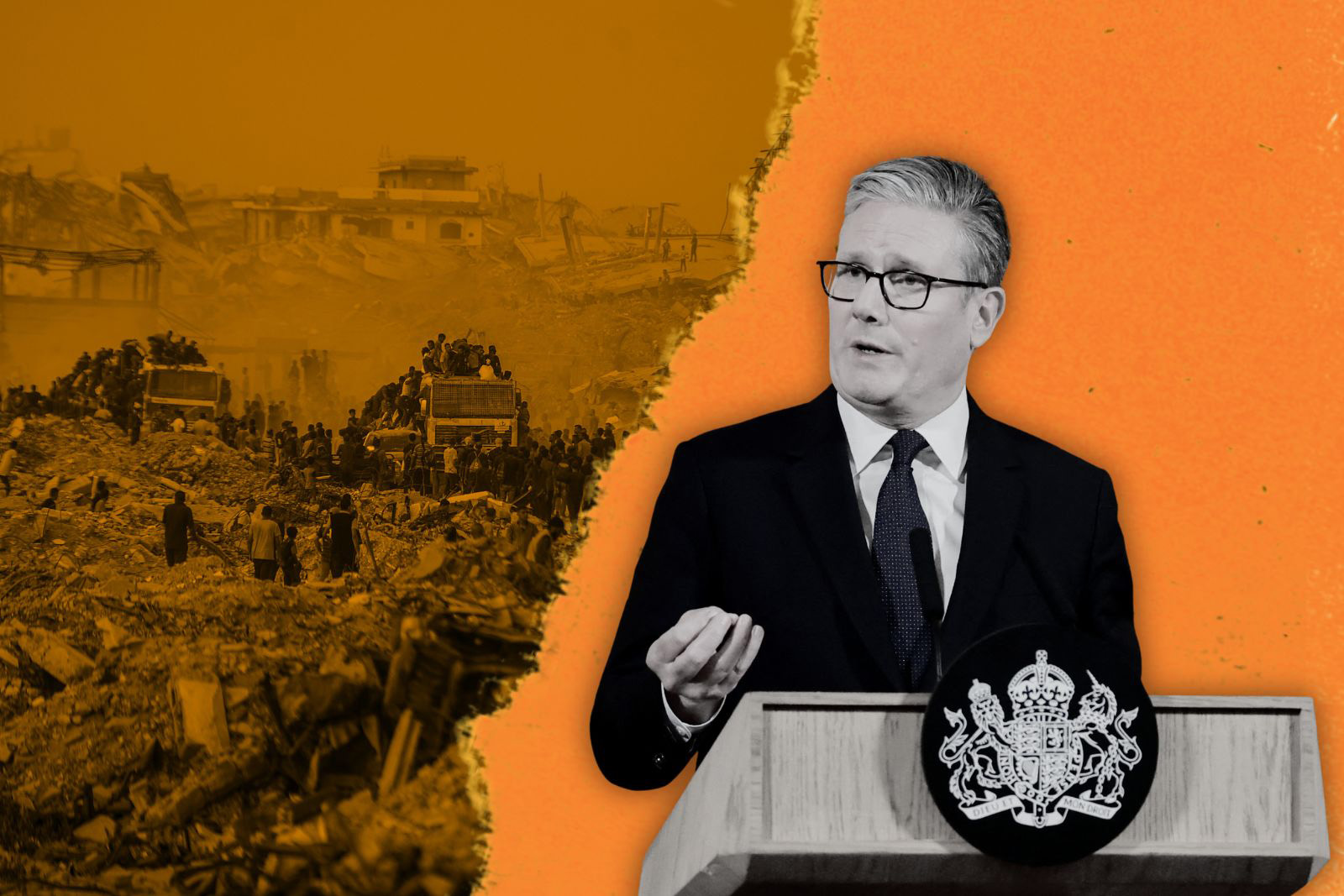
The prime minister has said Britain will recognise a Palestinian state in September unless Israel ceases fire. As ever, he’s walking a tightrope
After 21 months of war in Gaza, where the death toll is now feared to exceed 60,000 and famine stalks the population, the UK has made a decisive pivot. Prime Minister Keir Starmer has announced that the UK will formally recognise the state of Palestine this coming September — unless Israel implements a ceasefire and recommits to a two-state solution.
It is a historic threat and one that would have been unthinkable at the outset of this conflict. The UK government, which began this war with unwavering support for Israel, has steadily shifted its tone. As I wrote in my Hyphen column last week, that shift has been building for some time, but rhetoric has now become policy.
The prime minister’s language, describing the situation on the ground as “increasingly intolerable”, reflects not only the worsening humanitarian crisis in Gaza, but also a profound frustration within the government over what it sees as continued intransigence on both sides — with Israel continuing in its assault on Gaza, and repeatedly being accused of violating ceasefire agreements, and Hamas continuing to hold onto 20 or so surviving Israeli hostages taken on 7 October 2023. When I interviewed foreign secretary David Lammy recently, his criticism of Israeli actions was sharper than anything I had heard from him before. There were questions of whether the UK would move beyond words; now it has begun to.
The timing of this announcement is no coincidence. More than 250 MPs — well over a third of the House of Commons — signed a cross-party letter last week urging the government to recognise Palestinian statehood. There have also been reports suggesting that senior ministers were pressing Starmer behind closed doors to take a bolder stance. While some Labour MPs that I have spoken to believe this internal push tipped the scales, Downing Street is keen to portray it as the culmination of months of planning. Indeed, senior government sources told me earlier this year that discussions were already underway with France on a coordinated recognition effort.
The conditions are stringent. Aware that Israel does not want the recognition, Starmer has said the UK will not go through with it if there is an immediate ceasefire, a halt to West Bank annexation, and a serious, long-term peace process that delivers lasting statehood for both peoples. It is unlikely Israel will meet these demands, but the idea is to put pressure on Tel Aviv to act quickly.
France, too, is hoping for the same. Its recent move to announce it will recognise Palestine in September means it will be the first G7 country to do so, opening a new chapter in international diplomacy. With Canada now pledging to follow suit if its own conditions are not met, and more than 147 UN member states already recognising Palestinian statehood, the UK’s move places it firmly within the emerging global consensus. Crucially, if London follows through, four of the five permanent members of the UN Security Council — China, Russia, France, and the UK — will recognise Palestine. Only the US, Israel’s staunchest ally, will remain opposed.
But Starmer’s move has split the Labour party. Some MPs see the threat of recognition as a savvy diplomatic lever, likely to push moderates on both sides closer to a ceasefire. “This is the kind of pressure that could actually work,” one Labour MP told me. “It appeals to reason.”
Others, however, are deeply uneasy. Sarah Champion, chair of the international development select committee, who organised the 250-strong letter, has voiced concern that Palestinian recognition is being offered as a negotiating tactic rather than a point of principle.
Some, meanwhile, are furious that the government’s new posture places pressure solely on Israel, without demanding concessions from Hamas. This, they argue, sends the wrong signal.
Israel agrees with them, denouncing the UK’s announcement as a “reward for terror”. Similar statements have emerged in response to moves toward recognition from France and Canada. The Israeli government insists that such moves not only legitimise Hamas but undermine negotiations for the release of hostages still held in Gaza.
Lawyers representing hostage families have echoed these concerns, arguing that the UK’s policy shift does nothing to expedite the release of captives and could derail behind-the-scenes negotiations.
Downing Street insists that the recognition threat is not any sort of concession to Hamas. It has reiterated that all remaining hostages must be released and that Hamas can not have a role in any talks about a future two-state settlement.
At any rate, some Labour MPs fear that, without US backing, this is little more than gesture politics. The US retains its veto power at the UN and remains by far the most influential player in the Middle East. President Donald Trump has condemned Canada’s recognition move, warning it could jeopardise a future trade deal and said France’s decision “doesn’t matter — it’s not going to change anything”. Some in Westminster worry that the UK’s decision could strain the so-called “special relationship” with Washington.
Starmer is now in the uncomfortable position of trying to lead while not alienating powerful allies. It’s a balancing act between principle and pragmatism, and between global leadership and domestic cohesion.
What happens next is far from certain. Israel has shown no signs that it will meet the UK’s conditions by September. And while recognition of Palestine may be largely symbolic in the short term, symbols matter. They shift narratives, redraw red lines, and send signals that the old rules of diplomacy are being rewritten.
Recognition is both a message to Israel that its current course is untenable and a message to Palestinians that the world still sees their future as a viable, sovereign nation, not just a humanitarian cause.
Shehab Khan is an award-winning presenter and political correspondent for ITV News.
 Newsletter
Newsletter


